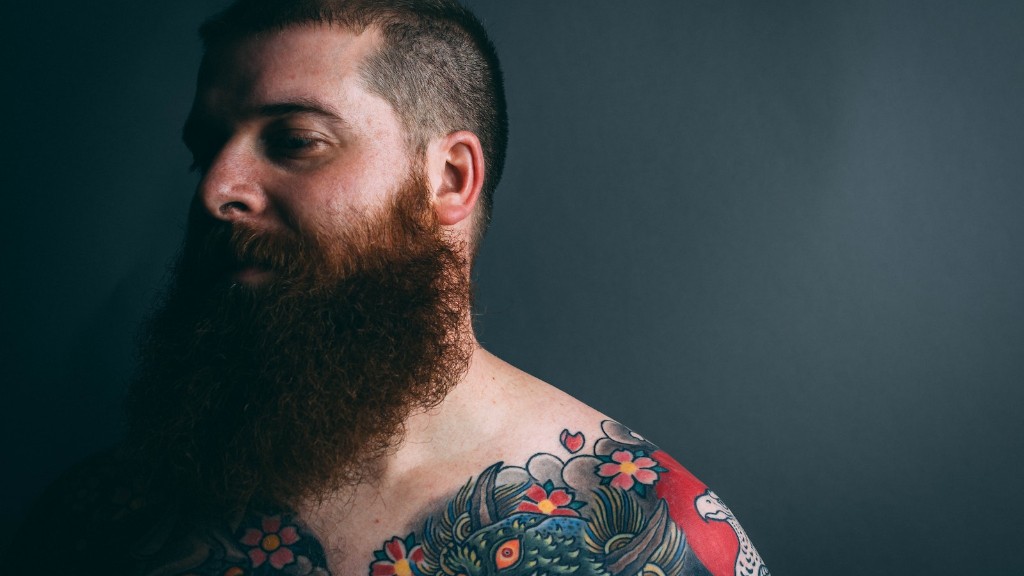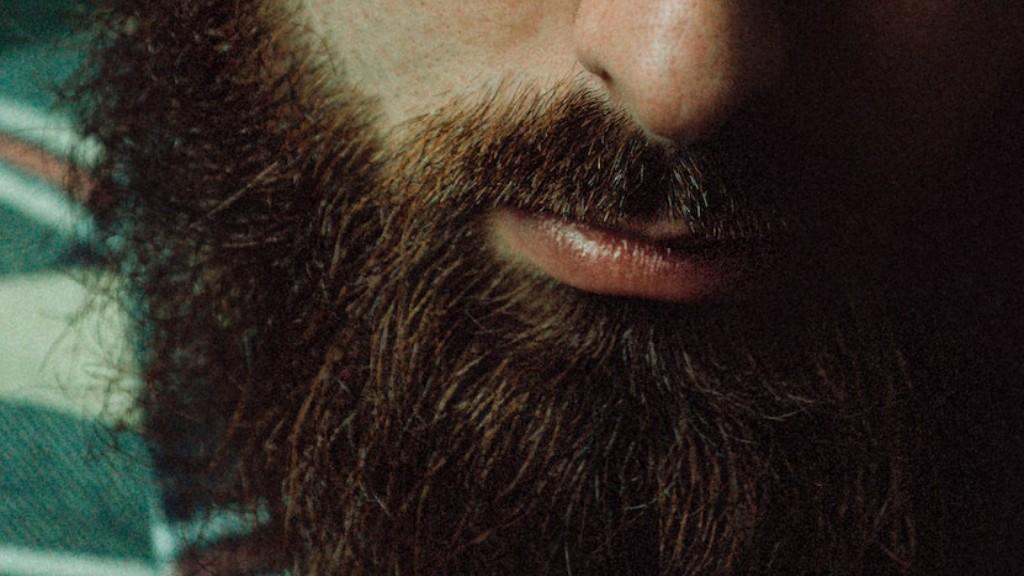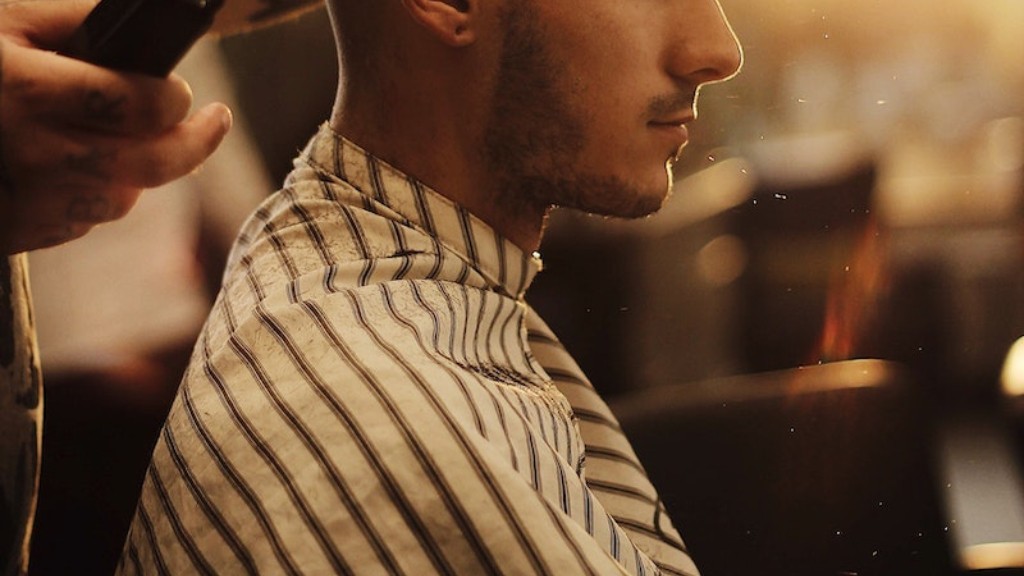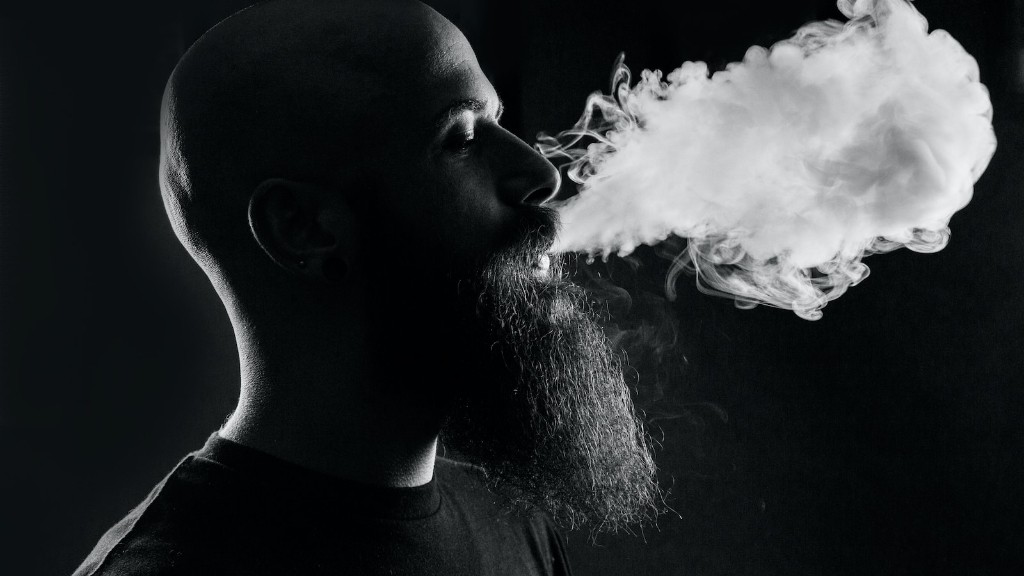A surgeon is a medical professional who treats diseases, injuries, and deformities by invasive, minimally invasive, or non-invasive methods. Surgeons may be medical doctors, osteopathic doctors, podiatrists, dentists, or veterinarians.
Somebrance of a beard has been considered a requirement for surgeons since the time of the Ancient Egyptians. The first recorded instance of a physician with a beard is from 3000 BCE. In the Hippocratic Corpus, which dates back to 400 BCE, there are several references to bearded physicians. The famous physician Galen, who lived in Rome from 129-201 CE, also had a beard.
Beards were thought to keep operating rooms clean, as they created a physical barrier between the surgeon’s face and the patient. germs and bacteria could not easily penetrate the beard and enter the surgical wound. Bearded surgeons were also thought to be more intimidating, which could help them gain compliance from patients.
In the late 19th century, the “no-beard movement” began. This was a campaign to convince surgeons to shave their beards, as it was thought that they harbored germs and bacteria. The campaign was successful and by the early 20th century, most
There is no definitive answer to this question as it depends on the individual surgeon and the policies of the hospital or surgery center where they work. Some surgeons may be allowed to have beards if they keep them neatly trimmed and avoid potential contamination of the surgical site, while others may be required to shave their beards for the same reason.
Can surgical techs have facial hair?
It is very important to have a clean shaven face each day of clinical in order to maintain a sterile field. If you have a beard, you must make sure it is completely covered with a hood while in the mock operating room or at clinical. It is also important to wear fluid retardant gowns, double gloves and eye protection at all times while at the sterile field.
While traditional beliefs may suggest that beards aren’t part of a professional look, recent surveys have found that this perception has changed significantly. In a recent survey of 500 men, 90% were found to be allowed to have facial hair at work, as long as it was kept neat and clean. This shows that the traditional view of beards in the workplace is changing, and that more people are now seeing them as acceptable.
What jobs prohibit beards
There are a few jobs where beards are typically discouraged. This includes food service and retail sales, or any job where you interact with the public. The reason for this is because managers want you to look nice and neat at all times. Having a clean complexion typically means being clean shaven.
Most employers are okay with employees having tattoos, as long as they are not offensive. Last year, the Mayo Clinic announced that all employees, including physicians, would be allowed to display tattoos on the job. This policy is becoming more common as tattoos become more mainstream.
Can surgeons have mustache?
Hi there!
We appreciate your understanding that due to hygienic issues, doctors cannot have beards. Bacteria may get caught in them and infect their patients, so it’s important that doctors maintain a clean appearance. Thanks again for your understanding.
One of the most important things to do before surgery is to make sure the surgical site is clean. This means that all hair must be removed from the area where the incision will be made. The most common way to do this is by shaving the hair.
Can my boss tell me to shave my beard?
From a legal perspective, employers may require male employees to shave as long as it does not infringe on their civil rights or cause undue hardship There are two main examples that have been successful in court: Religious discrimination: If your religion prevents you from shaving, your boss cannot require it. Likewise, if you are required to shave for your job, and this causes you undue hardship, you may have a case against your employer.
While traditional beliefs may suggest that beards aren’t part of a professional look, times have changed. A recent survey of 500 men found that 90% were allowed to have facial hair at work, as long as it was kept neat and clean. This shift in perception means that more people are able to show their true selves at work, and hopefully feel more comfortable and confident as a result.
Can an employer tell you to shave your beard
Private employers are within their legal rights to set dress and grooming codes for their employees. This includes standards on facial hair, as long as these requirements do not infringe on the employee’s civil rights or cause undue hardship.
All recruits must be clean-shaven throughout training. Hair must be of reasonable length without faddish or exaggerated style or color. Men’s hair must not be longer than the bottom of the collar, without adornment such as buns, ponytails or braids.
Does having a beard make it harder to get a job?
A beard is not a deciding factor for employment most of the time. Because of the growing popularity of beards and certain religious exemptions, employers in recent years have become increasingly less anti-beard. This is great news for those of us who love our facial hair!
Sikhs are a religious group that originated in India. The Sikh religion forbids cutting or shaving any bodily hair. This includes hair on the head, face, and body. Sikhs believe that hair is a gift from God and should not be altered. Sikhs also wear turbans to cover their hair.
Why can’t surgeons sit
One of the challenges that surgeons face is that when they are sitting, they can’t get as close to the OR table and the patient as they need to in order to see deep into the abdomen and pelvis. If bleeding occurs deep in the wound, it can be difficult for a surgeon who is sitting to control it. This can be a major problem for patients who need surgery.
There is no definitive answer as to whether or not makeup is allowed in medical settings. Some argue that makeup is okay as long as it does not pose a risk of infection, while others argue that any kind of makeup is not allowed in order to prevent the spread of infection. Ultimately, it is up to the individual medical facility to decide their policy on makeup.
What is the dress code for a surgeon?
There is no one prescribed dress code for surgeons, and attires have varied from formal suit-and-tie to crisp white coat, to more smart-casual looks. There is no right or wrong answer when it comes to what to wear while performing surgery, but rather what is most comfortable and practical for the individual surgeon.
Smooth skin may help surgeons to make incisions cleanly and precisely. In fact, it’s customary for surgeons to shave some patients before they perform surgery. This helps to ensure that the incisions are made as cleanly and precisely as possible.
Warp Up
There is no right answer to this question since it depends on the surgeon’s personal preferences and opinions. Some surgeons may feel that a beard gives them a more professional appearance, while others may prefer to be clean-shaven for hygiene reasons. There is no medical evidence to suggest that one is better than the other, so it ultimately comes down to the individual surgeon’s preference.
There is no definitive answer to this question as it depends on the policies of the individual hospital or surgery center. Some institutions may have strict policies against facial hair, while others may be more lenient. Ultimately, it is up to the surgeon to decide whether or not to grow a beard.





